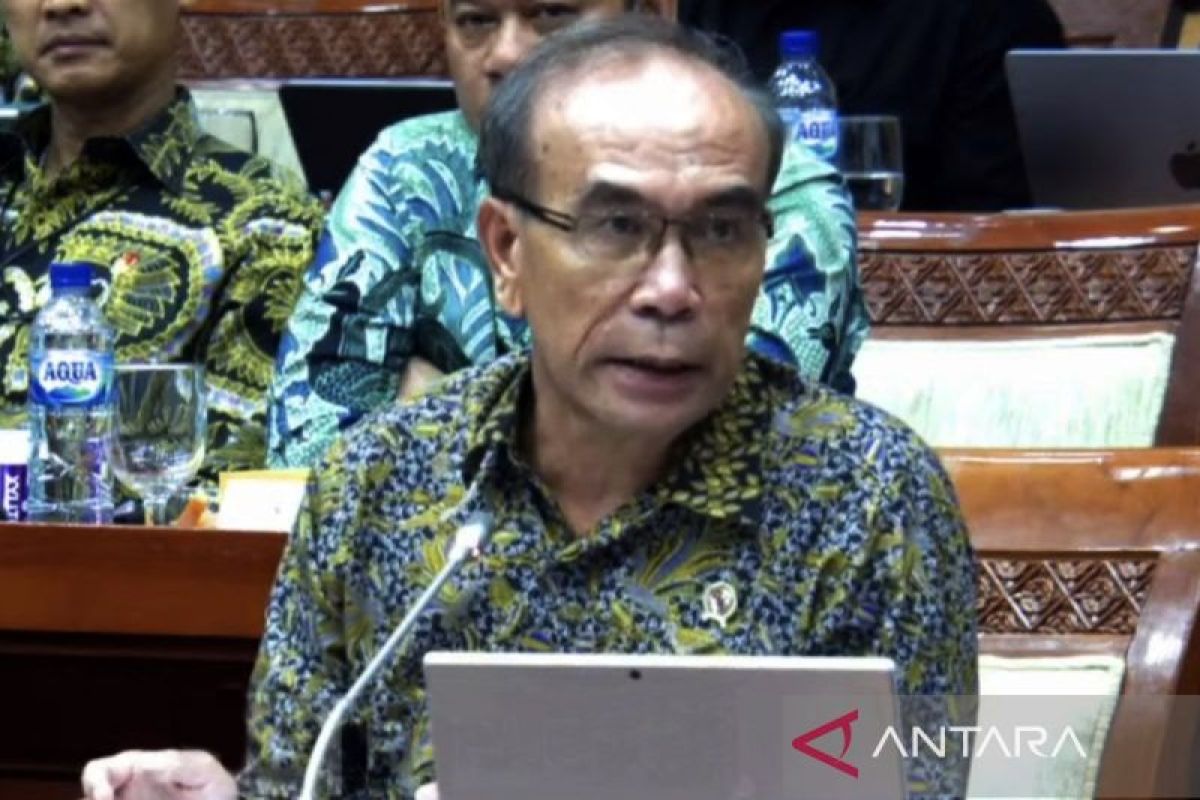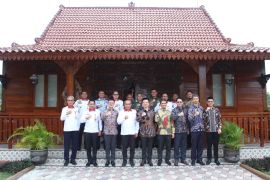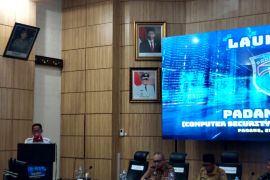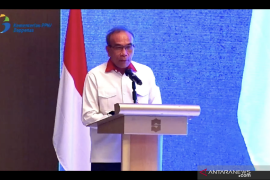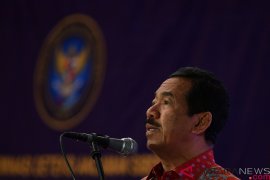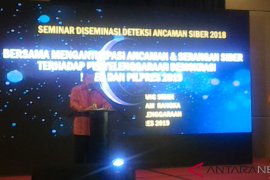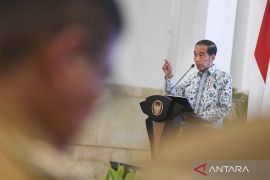On Thursday, he stated that BSSN has also installed necessary facilities and infrastructure at General Elections Commission (KPU) offices at the provincial, district, and city levels.
"We have installed them, and we are monitoring them from Jakarta. If there are anomalies, we will immediately coordinate with the offices," he added.
Siburian noted that all electronic systems used by election organizers, including both the KPU and the General Elections Supervisory Agency (Bawaslu), have been assessed, particularly focusing on potential vulnerabilities.
In addition, BSSN has provided the necessary devices to support cybersecurity.
He warned that ransomware, which can disable systems or steal data, remains a potential threat during the upcoming elections.
He added that BSSN has been working closely with KPU for some time to develop the Recapitulation Information System (Sirekap).
Siburian emphasized two key priorities in building electronic systems: reliable functionality and security.
On Thursday, BSSN held a working meeting with Commission I of the House of Representatives (DPR) to discuss the work program and cybersecurity efforts for the regional elections.
Indonesians will vote to elect mayors, district heads, and governors on November 27.
The regional KPU office in each area will conduct the vote tabulation process until mid-December.
The elected governors and deputy governors will be sworn in on February 7, 2025, while the inauguration of elected mayors, vice mayors, district heads, and deputy district heads will take place on February 10.
Related news: Indonesia's BSSN aims to finalize cyber competency standards
Related news: BSSN aims to integrate cybersecurity literacy into school curriculum
Translator: Bagus Ahmad, Raka Adji
Editor: Anton Santoso
Copyright © ANTARA 2024
